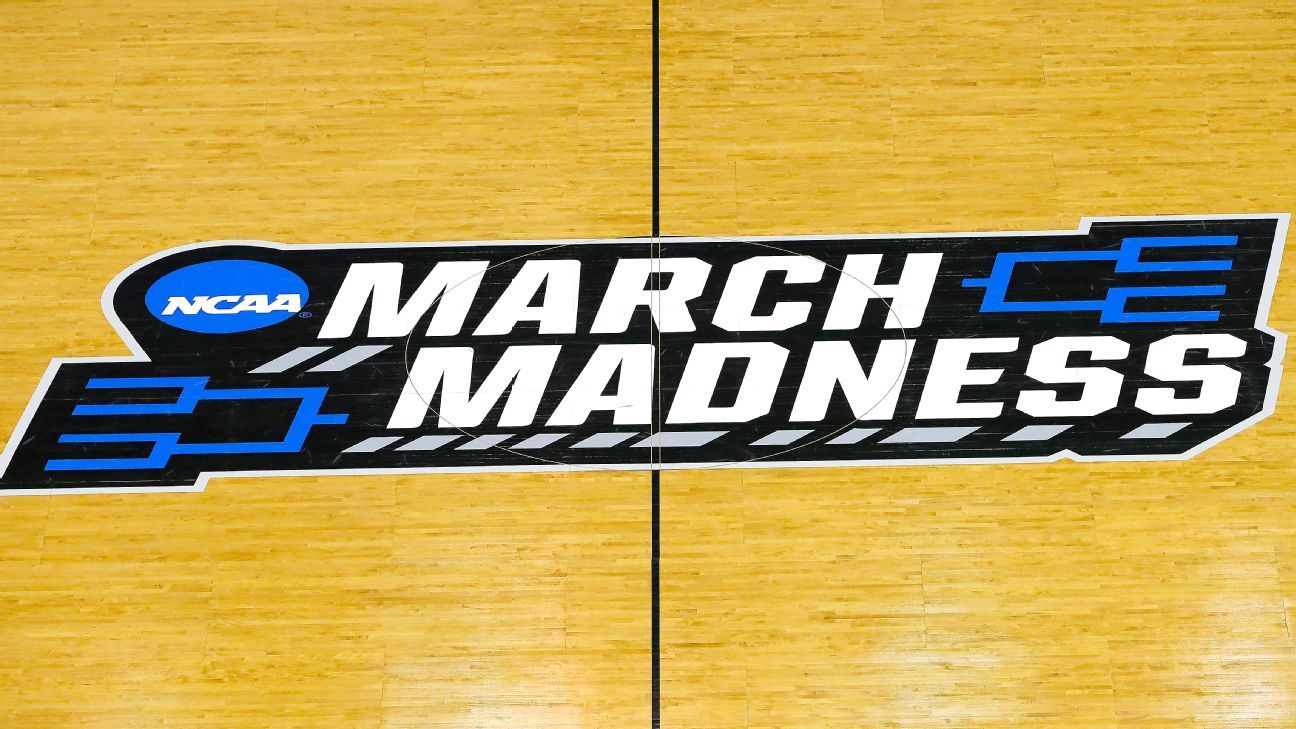For the first time, the NCAA men’s basketball tournament, one of America’s favorite sporting events to bet on, will take place in a state with legal bookmakers operating right down the street from where the games are being played.
According to figures released Sunday by the American Gaming Association, more than 47 million Americans are expected to make a bet on this year’s NCAA men’s basketball tournament, which tips off Thursday exclusively in Indiana.
The NCAA and gaming regulators in Indiana say they’re ready and will be monitoring the betting action closely. The NCAA and the Indiana Gaming Commission (IGC) work with third-party companies that track the betting markets for any irregularities that may signal an attempt to compromise a game. If suspicious betting patterns are detected, the IGC can order all bets canceled on a game.
“The NCAA and its members are evolving as the sports wagering continues to change. We are continuing to expand our efforts across these important areas to ensure we are protecting the integrity of competition and the well-being of student-athletes,” an NCAA spokesperson told ESPN in a statement. “Sports wagering education remains a priority of the NCAA’s efforts with the goal of providing a variety of materials to support the membership’s educational initiatives.”
The NCAA remains opposed to all forms of sports betting, legal or illegal, but did change its policy on allowing championship events in states with regulated betting markets like Indiana. Approximately $127.2 million was bet on basketball, both college and professional, with Indiana sportsbooks in February. Significantly more is expected to be on the line in the coming weeks, as betting interest on college basketball peaks. Nevada gaming officials estimate that $349 million was bet on the 2019 NCAA tournament at its state’s sportsbooks.
“Our highest priority is assuring the integrity of these activities,” Jenny Reske, deputy director for the Indiana Gaming Commission, told ESPN. “I understand this is the first tournament played in a state with legal sports betting, but I think we’ve contemplated all the scenarios, looked at best practices and we’re prepared to properly regulate the activity.”
The most-feared scenario, of course, is a point-shaving scandal involving an NCAA tournament game. College basketball has been scarred by multiple past point-shaving schemes, with Boston College, Arizona State, Northwestern, Tulane, Toledo, San Diego and Auburn among the Division I programs having suffered gambling-related scandals in the past 50 years. Last February, a New York man entered a guilty plea for trying to bribe players to fix a college basketball game in December 2018, although investigators say the plot never came to fruition.
The NCAA and the Indiana Gaming Commission (IGC) work with third-party companies that monitor the betting markets for any irregularities that may signal an attempt to compromise a game. If suspicious betting patterns are detected, the IGC can order all bets canceled on a game.
Regulations prohibit players, coaches, referees and anyone closely tied to programs from placing wagers on NCAA tournament games. Still, unpaid amateur athletes are considered to be more vulnerable of being compromised than professionals with large salaries.
Traditionally, betting limits on college basketball have been smaller than other sports’ due to lower overall volume. The lower limits were seen as a deterrent to large-scale point-shaving schemes. But now, with the U.S. betting market expanding around the nation, the volume of money wagered on college basketball is increasing, and sportsbooks are looking to take headline-grabbing bets, despite the risk of what could be behind the big wagers. Some of the largest college basketball bets ever seen in the U.S. reportedly were placed this season.
On Dec. 4, the Barstool Sportsbook Twitter account reported that an anonymous bettor placed two $1 million bets on the over/under total on a St. Peter’s-Maryland game. The tweet was later deleted and Penn National, the parent company of Barstool, declined to comment on the bets that, if legitimate, were among the largest ever reported on a regular-season college basketball game. Both bets would’ve won in the Terrapins’ 90-57 rout of the Peacocks.
More recently, BetMGM reported taking a $250,000 money-line bet on underdog Ohio State to defeat Illinois in the Big Ten tournament championship game. The Illini held off the Buckeyes in overtime.
To be clear, there have been no accusations of corruption in either game. However, in general, experts say being able to place six- and seven-figure wagers on a sport that has been marred by past point-shaving scandals is more enticing to nefarious characters than in previous years when sportsbooks were less willing to take that size of wager on college basketball.
“These sportsbooks are in a big land grab across the country, and they don’t want to be the ones rejecting these giant bets right now, so they take them. It’s very concerning to me,” said Matthew Holt, president of U.S. Integrity, a company that advises gambling regulators and sports leagues on betting integrity. “Anytime you incentivize people to do something wrong, they’re going to try it. In this case, if they know the opportunity is out there to get down a million-plus-dollars, there are going to be more people likely to take chances. Betting limits have always been one of the things that have helped keep some sports safe.”
